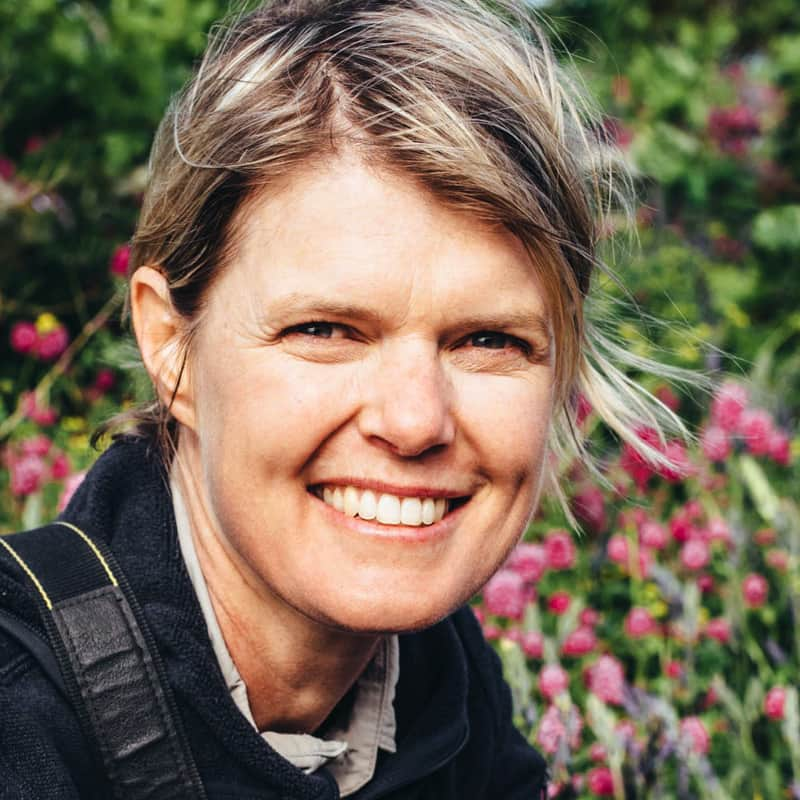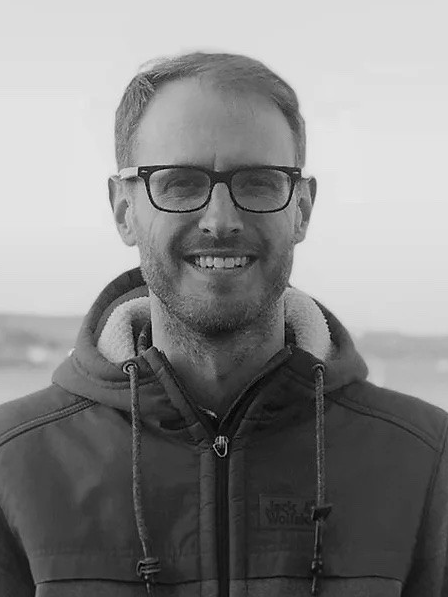Climate Foresight program to support two Dialogues, four additional projects
As British Columbia works towards effective and long-lasting climate solutions, it’s not enough to focus on the problems apparent today. Those just emerging, or not yet seen, need to be identified and puzzled out.
The Pacific Institute for Climate Solutions will fund six efforts to prepare for tomorrow’s climate challenges, in its first round of funding through the Climate Foresight program.
“We were looking for projects focused on examining the crystal ball, predicting and planning for the challenges we’ll soon face, and British Columbia’s researchers did not disappoint,” says Stephanie Cairns, PICS’ senior director of strategy and foresight. “These projects have identified areas that need broad and deep inquiry now, before they become urgent, so we’re ready as they emerge.”
Climate Foresight supports bold, cross-sectoral and transdisciplinary initiatives that address complex and poorly understood climate issues. By funding early scoping workshops and ongoing networks, this program fosters innovative collaboration between researchers, Knowledge Holders, and those directly applying climate insights.
Two projects will receive full funding and support under the program, which includes $30,000 and PICS staff support to host a Climate Foresight Dialogue. A Dialogue brings together scholars and practitioners for an issue-scoping and partnership development retreat. The Dialogues will generate collaborative programs of work that will be considered for multi-year PICS support.
The two projects chosen for this level of support are:
- Planning for Collective Ownership of Climate Mitigation Infrastructure in British Columbia will convene scholars and practitioners to develop a roadmap for community-owned infrastructure for decarbonization and climate transitions across British Columbia.
Project leads: Dr. Holly Caggiano and Dr. Alex Tavasoli (University of British Columbia) and Ana Guerra Marin (Iron and Earth)



- Shared Watershed Pathways: Towards proactive stewardship of watersheds in an era of rapid climate change will integrate knowledge from disciplines such as climate science, salmon ecology, environmental risk management, social science, Indigenous governance systems, policy, and complex systems to envision and empower potential sustainable paths forward for B.C.’s watersheds and their salmon and people.
Project leads: Dr. Jonathan Moore (Simon Fraser University), Dr. Tara Martin (UBC), and Nigel Sainsbury (SFU)



Recognizing the high quality and volume of applications received, PICS is providing seed funding to four additional projects. Each of the following will receive $30,000 to seed its development:
- Using Art and Metrics for Connected Action on Community Health and Climate will empower community groups, local governments, Indigenous Nations, and locals to co-design nature-based neighbourhoods that foster ecological healing and social resilience.
Project leads: Dr. Maleea Acker, Dr. Sarah Marie Wiebe, and Dr. Kristian Dubrawski (University of Victoria)
- The Future of Forests: Persistent wildfires, human health, and new opportunities for livelihoods in northern B.C. communities will work with northern communities to explore adaptation strategies and new forms of forest governance and management that promote co-benefits for the climate, biodiversity, community prosperity, and health and well-being.
Project leads: Dr. Sophie Wilkinson (SFU), Dr. Chris Buse (SFU), and Dr. Sinead Earley (UNBC)
- Git qṃsistá: Learning together to revitalize herring ecosystems in a warming sea will co-develop principles for restoration and stewardship of Pacific herring ecosystems in Kitasu Bay, a key culturally important place for the Kitasoo Xai’xais First Nation.
Project leads: Dr. Kyle Wilson (SFU), Dr. Natalie Ban (UVIC), and Christina Service (Kitasoo Xai’xais Stewardship Authority)
- The climate-space connection: preventing the next environmental crisis will examine how the proliferation of satellites is altering the upper atmosphere through rocket exhaust and satellite re-entries, with potential implications for the climate system, and pursue innovations to prevent increased space activities from exacerbating the climate crisis.
Project leads: Dr. Aaron Boley (UBC) and Dr. Michael Byers (UBC)
Retreats for the two fully supported projects will be held this fall. The four projects receiving seed funding will also begin in late 2025 and into the new year.



